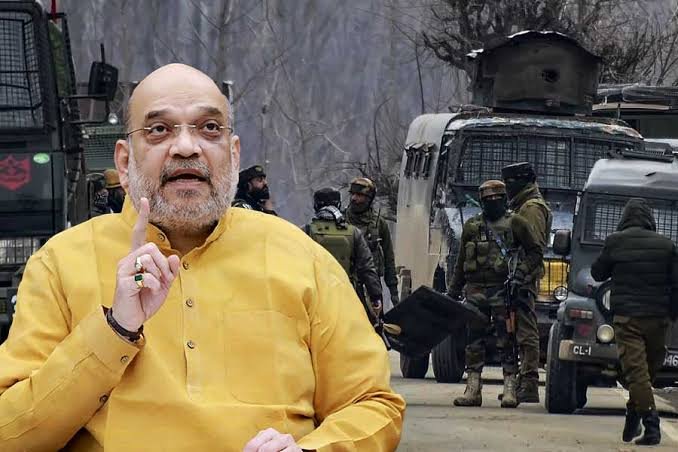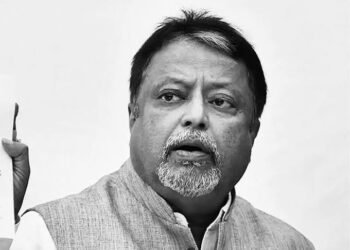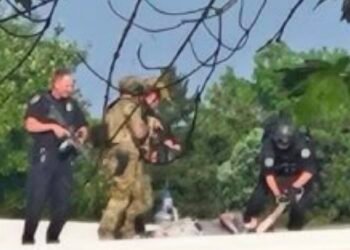Amid Lok Sabha elections 2024, Union Home Minister Amit Shah has said that the central government will consider removing the Armed Forces (Special Powers) Act (AFSPA) from Jammu and Kashmir (J&K). Shah said in an interview that the central government plans to withdraw troops from Jammu and Kashmir and leave law and order to the Jammu and Kashmir Police. Earlier Jammu and Kashmir Police was not trusted, but today they are leading the operation.
“Assembly elections will be held in Jammu and Kashmir before September. Prime Minister Narendra Modi has promised to establish democracy in Jammu and Kashmir, it will be fulfilled at any cost,” Shah said. Taking a jibe at the opposition, he said that this democracy will not be limited to only three families and will be a people’s democracy.
What is Armed Forces (Special Powers) Act?
AFSPA means unlimited powers given to armed forces in disturbed areas. The Indian Parliament passed the Special Powers (Special Powers) Act on 11 September 1958. Under this, searches can be conducted without warrant and any extremist, militant and terrorist can be fired upon. Under this, special powers were given to the military forces deployed in the disturbed areas of the country, Arunachal Pradesh, Assam, Manipur, Meghalaya, Mizoram and Nagaland. Currently AFSPA is in force in Assam, Nagaland, Manipur, Arunachal Pradesh and parts of Jammu and Kashmir.
Also read: PM Modi dials Sandeshkhali victim and Basirhat Lok Sabha candidate Rekha Patra; calls her ‘Shakti Swaroopa’
The law gives security personnel, even non-commissioned officers, the authority to shoot someone “even to the causing of death” if they believe that doing so is essential for the “maintenance of public order.”
Additionally, it gives soldiers the authority to enter buildings, conduct warrantless searches, and make arrests. The use of these extraordinary powers by the armed forces has frequently given rise to claims of staged encounters and other breaches of human rights by security personnel in unrest-plagued areas, raising concerns about the AFSPA’s indefinite imposition in some states, such J&K and Nagaland.
‘PoK an integral part of India’
Union Home Minister Amit Shah on Tuesday reiterated that Pakistan Occupied Kashmir (POK) is an essential part of India and that the people who live there, Muslims and Hindus alike, are Indians.
Shah claimed that the people living in the Kashmir Valley were misinformed about the meaning of Article 370, which has since been revoked and is no longer valid.
“It has always been stated that Kashmiriyat’s culture, language, and very existence will be in jeopardy if Article 370 is repealed. Five years have passed since the abrogation, but nothing of the sort has occurred. Today, Kashmiris have complete freedom, the value of the local cuisine and language has increased, and a growing number of visitors are visiting Kashmir’s tourism attractions,” Shah said in an interview.















